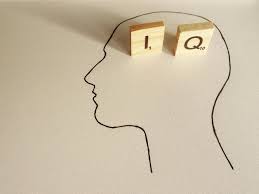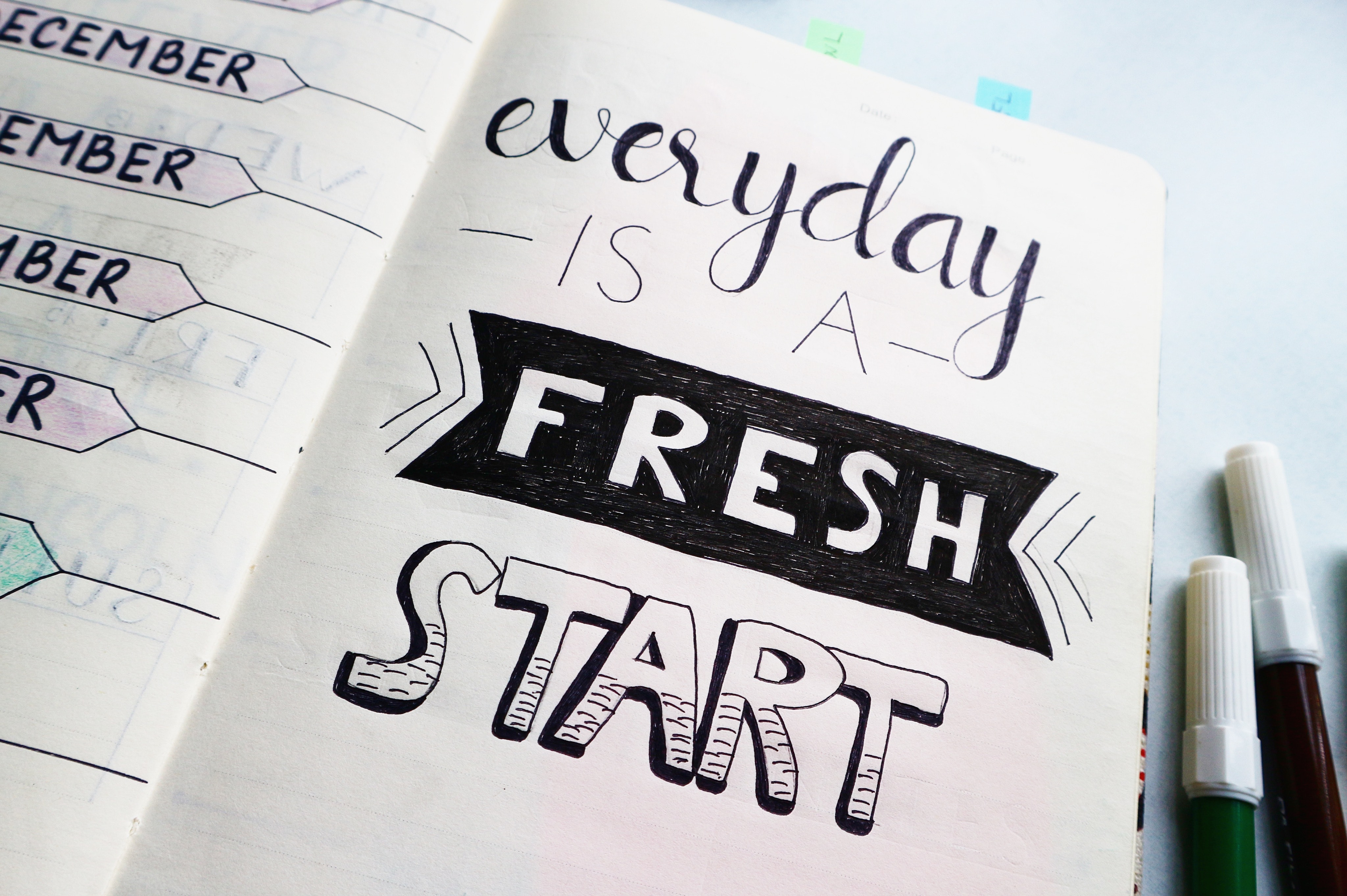
Being “smart” doesn’t hurt, except when we assume that higher levels of intelligence results in better life outcomes in school, at work and for personal well-being.
Unlike intelligence, which several studies have shown doesn’t impact life satisfaction or longevity, critical thinking informs personal well-being. In fact, research shows that people with strong critical thinking skills enjoy “greater life satisfaction, better social relationships, less depressive rumination, more positive vs. negative words used in speech, and greater longevity.”
Unlike intelligence, which is largely genetic, critical thinking can be taught. And yet “only 5% of of the K-12 schools in the United States teach critical thinking.”

THIS IS A TRAVESTY.
Especially when you know that people with critical thinking skills experience fewer negative life events, which are catalogued in the following ways:
“- Academically (e.g., I forgot about an exam)
– Health (e.g., I contracted a sexually transmitted infection because I did not wear a condom)
– Legal (e.g., I was arrested for driving under the influence)
– Interpersonal (e.g., I cheated on my romantic partner who I had been with for over a year)
– Financial (e.g., I have over $5,000 of credit card debt).”
So critical thinking is an essential life skill that our kids aren’t being taught in the one place that is meant to prepare them to succeed in life: school.
We can’t fix the school system right now but we CAN make it work for our kids right now. We can use their school work to develop critical thinking skills, and this can start at any stage of their academic career. It’s especially powerful in high school and college.
Amplify the impact of school by establishing critical thinking as the foundation for how they’re managing ALL of their classes.
Goal setting and achievement, writing an essay, studying for a test, taking an exam, reading comprehension, note taking – critical thinking underpins mastering the simplest and most efficient ways to successfully tackle EVERY part of their student journey.
Luckily – so long as we take ownership over making it happen – we can explicitly and systematically help our kids develop this crucial skill with every test and paper in every subject, from grade to grade. I’m talking YEARS of powerful skill-building that puts them miles ahead of their peers in college and their career (not to mention less exposure to those negative life events). Win-win all around.




